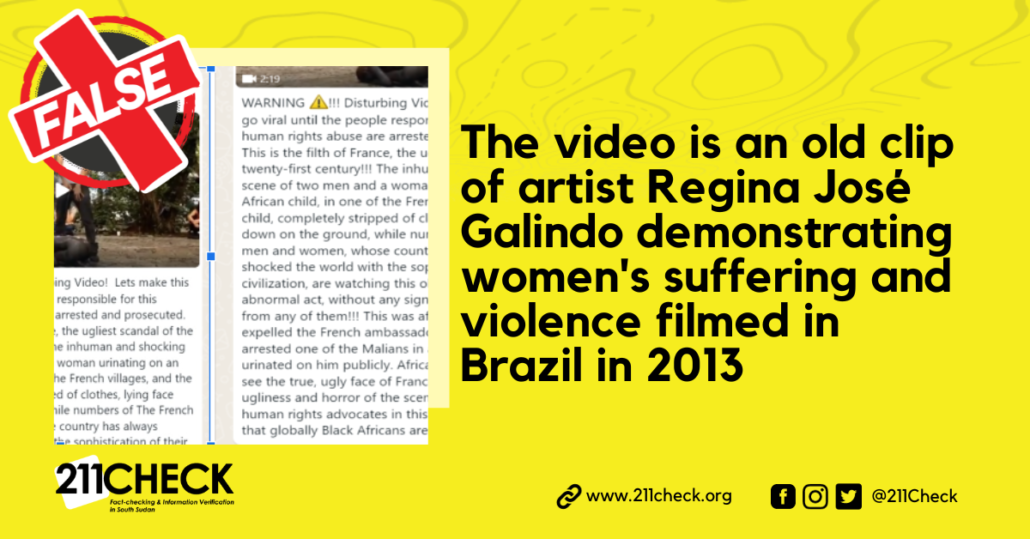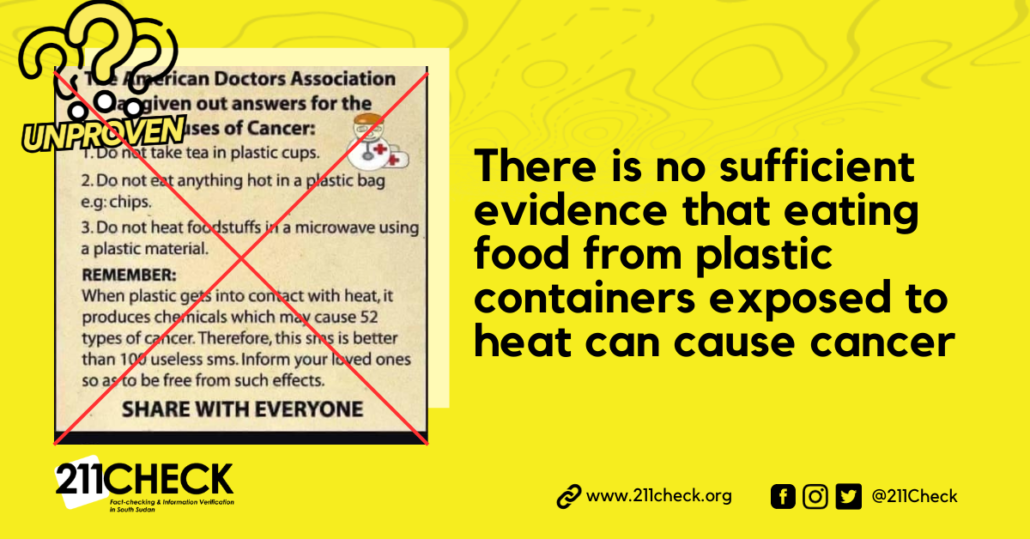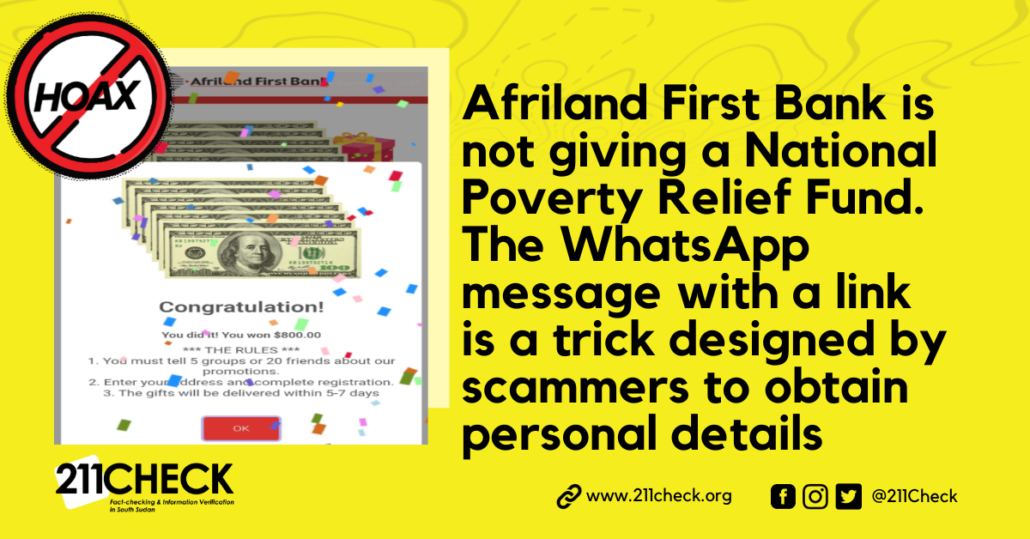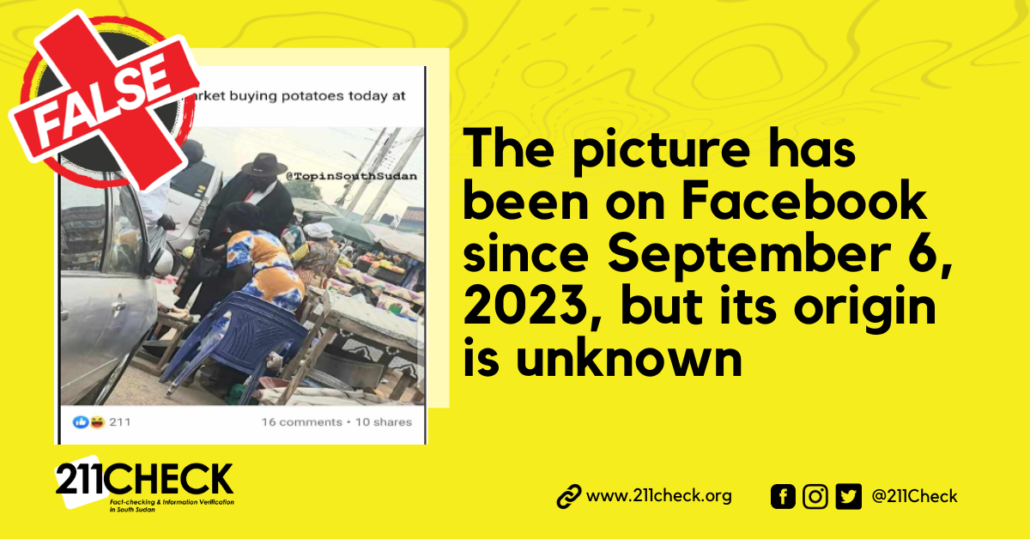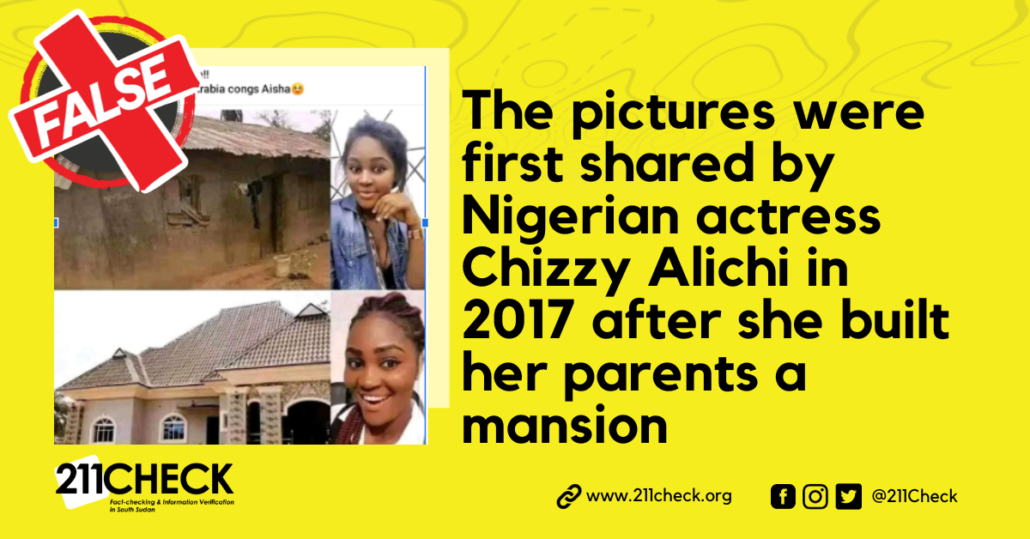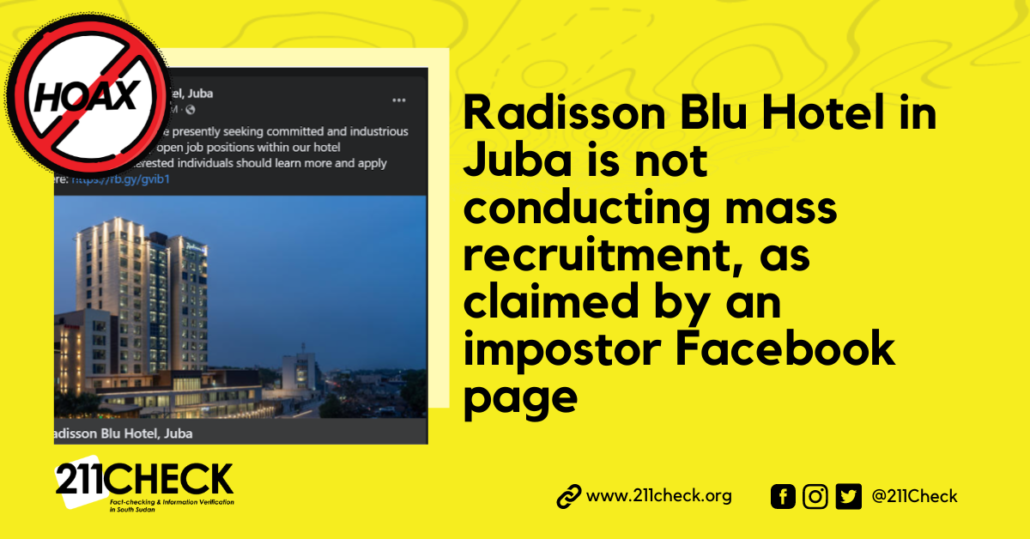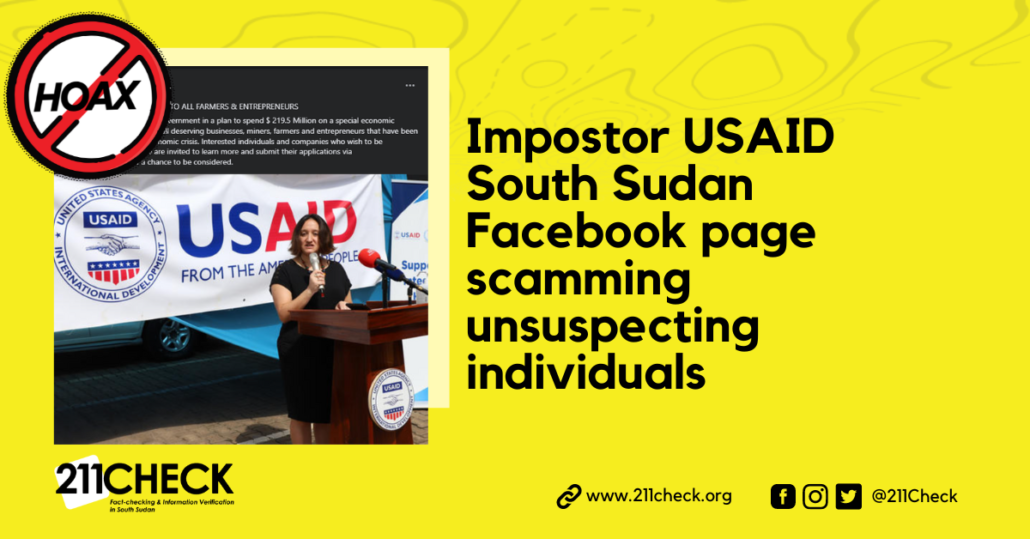Fact-check: This video doesn’t show an African child being urinated on by a French in 2023
The video is an old clip of artist Regina José Galindo demonstrating women’s suffering and violence. It was filmed in Brazil in 2013.
Writer: Ochaya Jackson
A video clip widely shared on WhatsApp groups with the claim that a Malian citizen was arrested in a French village and humiliated by members of the public taking turns urinating on him in front of a crowd while stripped naked is false and misleading.
The text accompanying the video accused France of human rights violations and claimed that the incident happened after France’s Ambassador was expelled from Mali.
In the video, a black person lies on the ground in front of the crowd while some people take turns urinating on them.
“Let’s make this viral until the people responsible for this human rights abuse are arrested and prosecuted. This is the filth of France, the ugliest scandal of the twenty-first century. In the inhuman and shocking scene of two men and a woman urinating on an African child in one of the French villages, the child, completely stripped of clothes, lies face down on the ground, while the number of French men and women whose country have always shocked the world with the sophistication of their civilisation are watching this obscene, dirty, and abnormal act, without any sign of intervention from any of them,” reads the text accompanying the video clip.
“This was after the state of Mali expelled the French ambassador. The French arrested one of the Malians in a French village and urinated on him publicly. Africa must wake up to see the true, ugly face of France. We regret the ugliness and horror of the scene, but where are the human rights advocates in this? It is unfortunate that globally, Black Africans are associated,” it added.
The screenshot of the WhatsApp video and the accompanying text claim
The claim did not mention the location of the French village or where and when the video was taken.
However, according to a media report, France’s Ambassador to Mali, Joel Meyer, was expelled in January 2022 after the Malian military government issued a 72-hour ultimatum for him to leave the West African country.
Claim Verification:
A reverse image search on Yandex returned that the video was used on other online platforms, including a Russian website, Pnovosti, which published an article about the video in 2020. According to the article, a Latin American woman covered herself with coal dust and asked people passing by to urinate on her to demonstrate a woman suffering violence.
The same claim was posted here and here.
211 Check traced the video’s origin on Yandex’s reverse image search results and found that the person in the video being urinated on is an artist called Regina Jose Galindo. The artist was filmed in 2013 during a performance in Brazil’s city of Sao Paulo to show the humiliation and exploitation women face, according to the description by an Arabic YouTube channel that posted the video in February 2022.
A review of the video’s description reveals the link to Galindo’s website, where a picture of the artist lying on the ground was published under Works 2013. It was featured with a poetry piece dubbed Stone that states that two volunteers and someone from the audience would urinate on her ‘stone body.’
Galindo covered herself with coal dust to appear black during her performance when being filmed. There is no reference to the humiliation of a black African or a Malian citizen by the French.
Galindo’s 2013 project has also been featured here and here.
Conclusion:
211 Check finds a video with a claim that a Malian citizen was arrested in a French village and urinated on false. The video is an old clip of artist Regina José Galindo, filmed in Brazil in 2013 while demonstrating women’s suffering and violence.
This fact check was published by 211 Check with technical support from Code for Africa’s PesaCheck newsdesk through the African Fact-Checking Alliance (AFCA).
To ensure accuracy and transparency, we at 211 Check welcome corrections from our readers. If you spot an error in this article, please request a correction using this form. Our team will review your request and make the necessary corrections immediately, if any.
It’s vital to fight misinformation and disinformation in the media by avoiding fake news. Don’t share content you’re uncertain about. False information can harm and mislead people, risking their lives—Fact-check before sharing. For more details, visit https://211check.org/ or message us on WhatsApp at +211 917 298 255. #FactsMatter.

